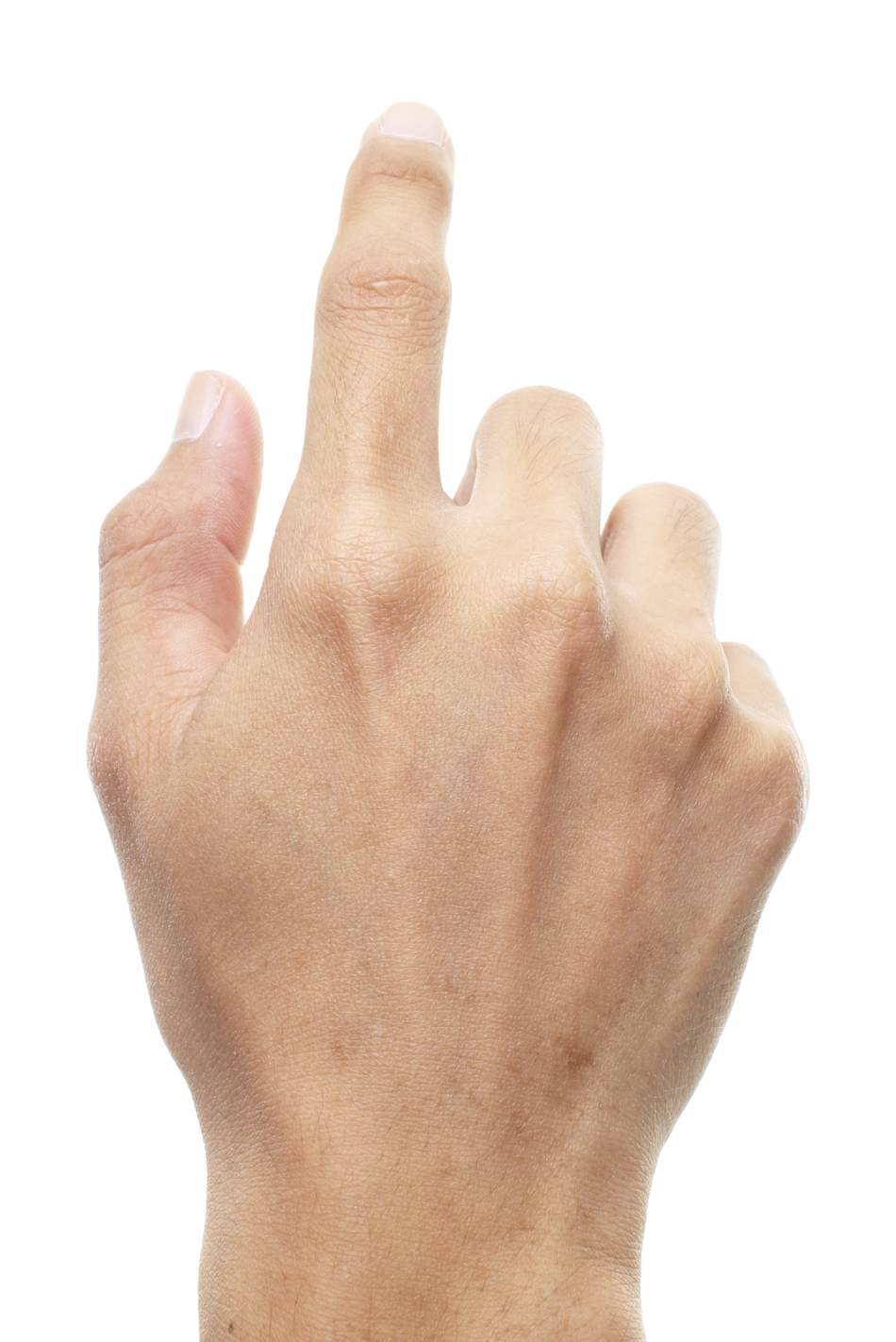Episode Transcript
Dr. Miller: Trigger finger. Can you uncock that? How are we going to figure that out? We're going to talk about that next on Scope Radio.
Announcer: Access to our experts with in-depth information about the biggest health issues facing you today. The Specialists with Dr. Tom Miller is on the Scope. Dr. Miller: Hi, I'm Dr. Tom Miller and I'm here with Dr. Angela Wang. She's a professor of Orthopedics here at the University of Utah and she specializes in hand care and hand surgery.
Angela, what is trigger finger and how do you know if you have it?
Dr. Wang: Trigger finger is a very common condition. We see it in patients who come in with pain in their finger and popping. Usually, they'll notice that they make a fist and then the finger gets stuck and it's painful. Sometimes they have to unstick it under their own power. Sometimes it's even as bad that they have to use their other fingers to pry it open.
The symptoms of the pain and the finger popping are caused by a little swelling of the flexor tendon in the palm. So that's the tendon that bends your finger and then it goes underneath a tight area in the palm. So then when there's a little bit of swelling in the tendon, that area is tight and it's getting stuck.
Dr. Miller: Now, is any one finger more common than the other to be affected by this trigger finger problem?
Dr. Wang: Actually, the ring finger is the most commonly affected finger. Dr. Miller: And why is that?
Dr. Wang: We're not sure, exactly, but your ring finger is more involved than your other fingers when you're making a tight grip, so that may be the reason why it tends to get stuck more. Dr. Miller: So who do we see trigger fingers in, young people, old people, men or women? Who gets it?
Dr. Wang: Actually, everybody gets it. When we see it in very young children it tends to be a slightly different condition. It's called a congenital trigger finger and that's a little more rare. That mostly involves the thumb. But the vast majority of people we see it in are older people, more common in diabetic people, but it can definitely happen for no particular reason.
Dr. Miller: Is your type of job related to developing trigger finger?
Dr. Wang: It might.
Dr. Miller: Someone who works on an assembly line or works with their hands frequently.
Dr. Wang: It might be. We haven't been able to conclusively prove that, but it would be reasonable to say that if you had to do a lot of tight squeezing or something like that that it might lead to a trigger finger. We also see it sometimes in conditions like pregnancy, where the fluids in your body are shifting so you can have some swelling.
Dr. Miller: Is it dangerous?
Dr. Wang: No, no, and it's easily fixed. If you see us anytime, early or late, we can take care of it.
Dr. Miller: And how do you take care of it? Do you operate on it? Do you inject it? Do you provide physical therapy?
Dr. Wang: All of those are viable options. Some people who really want to be very minimalistic in their approach can even splint it. Something as easy as splinting and immobilization of the finger can sometimes decrease the inflammation enough that the trigger finger will go away.
Oftentimes we do inject it, a little bit of cortisone and numbing medicine together and that is very effective. And then eventually, if it keeps coming back or the injection doesn't work well, we do a small surgery to release it. Dr. Miller: So if you have trigger finger in one hand, is it more likely that you'll have it in the other hand? And the second question is, after you repair it can it come back again?
Dr. Wang: Just because you have it in one hand does not necessarily mean that you'll get it in another hand, although we do see it in multiple digits in both hands sometimes. Sometimes the injection will completely cure it and sometimes it will just be a temporary cure. The surgery, however, is a permanent cure.
Announcer: TheScopeRadio.com is University of Utah Health Sciences Radio. If you like what you heard, be sure to get our latest content by following us on Facebook. Just click on the Facebook icon at TheScopeRadio.com.
